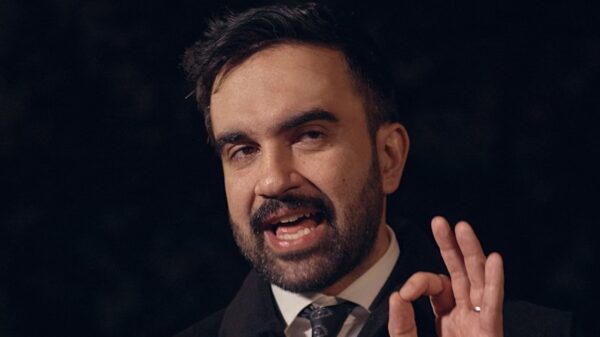The Gift of Life Walk officially launched National Organ Donor Week at Lake Galup on Sunday, sending a profound message about the impact of organ donation. This event, which gathered transplant recipients, donor families, medical professionals, and advocates, highlighted how one decision can save up to seven lives.
In Western Australia, organ donation registrations have surged by 50 percent since March 2024, a significant increase attributed to a partnership between DonateLife WA and the Department of Transport. This collaboration reinstated organ donation messaging on driver’s licence and vehicle renewal forms, ensuring that the life-saving option is visible to the public.
Personal Stories Highlight the Importance of Organ Donation
Despite this progress, only about 35 percent of eligible individuals are currently registered as organ donors. Over 1,800 people are on transplant waiting lists across the state, underscoring the ongoing need for awareness and action. Among those whose lives were transformed by organ donation is Jake Prince, who became Australia’s 2000th liver transplant recipient at the age of 13. Born with a rare genetic liver condition, Jake spent much of his childhood in hospitals, unable to engage in normal childhood activities.
“It’s absolutely life-changing. I’m able to do everything I couldn’t do before,” Jake said. “You’ll never regret registering. It’s going to change someone’s life — maybe even save it. There’s really no downside.”
Now 18 years old, Jake has become a champion athlete, pursuing opportunities he never thought possible thanks to his transplant. His journey exemplifies the transformative power of organ donation, which not only affects recipients but also their families and communities.
Health Professionals Share Their Insights
Health professionals like Caley Hensworth, an intensive care nurse, have witnessed the profound effects of both the grief and hope associated with organ donation. “A few years ago, we had a patient who sadly passed from brain death. But they were able to donate seven organs. For the family, it helped their healing process,” she explained.
Caley shared a personal connection to organ donation through her husband’s stepmother, who became a donor after passing away from a stroke. “I’ve seen how comforting it is for families to know their loss has given others a future. It doesn’t take away the grief, but it softens it,” she noted. Her experiences reinforce the idea that organ donation extends beyond individual lives, impacting entire families.
She also recalled a woman who received a kidney transplant 40 years ago. That woman has since become a mother of three and a teacher, illustrating how one generous act can create a ripple effect of positive outcomes. “Organ donation doesn’t just change the recipient’s life — it transforms the lives of everyone around them,” Caley remarked. “If it was your mum, your brother, your child… you’d never regret it.”
National Organ Donor Week continues until August 3, 2024. To register as an organ and tissue donor, visit donatelife.gov.au. The Gift of Life Walk serves as a powerful reminder of the impact that informed choices about organ donation can have on individuals and communities alike.



































































